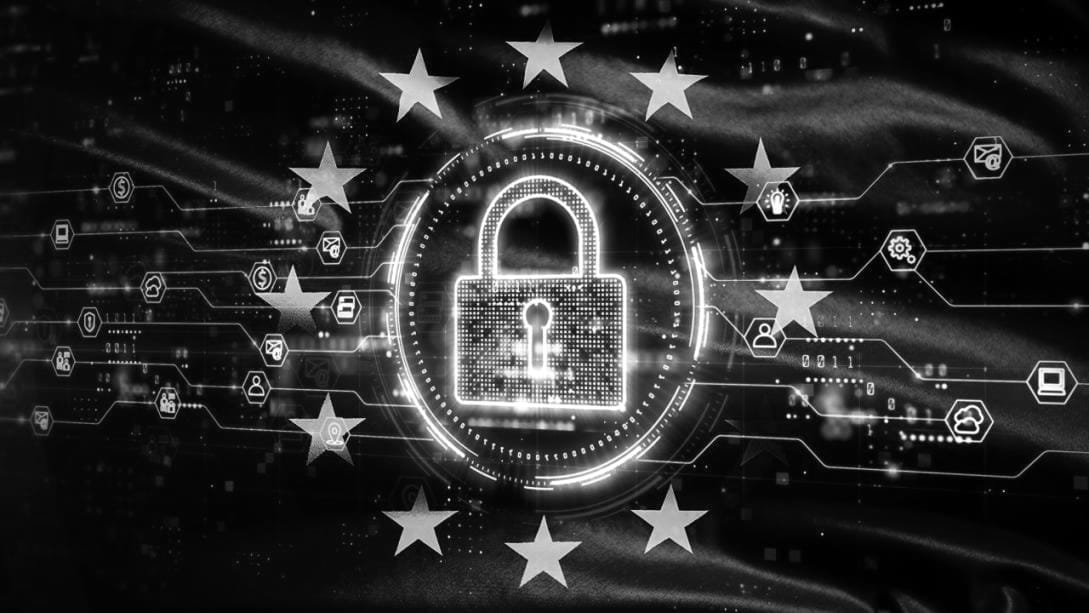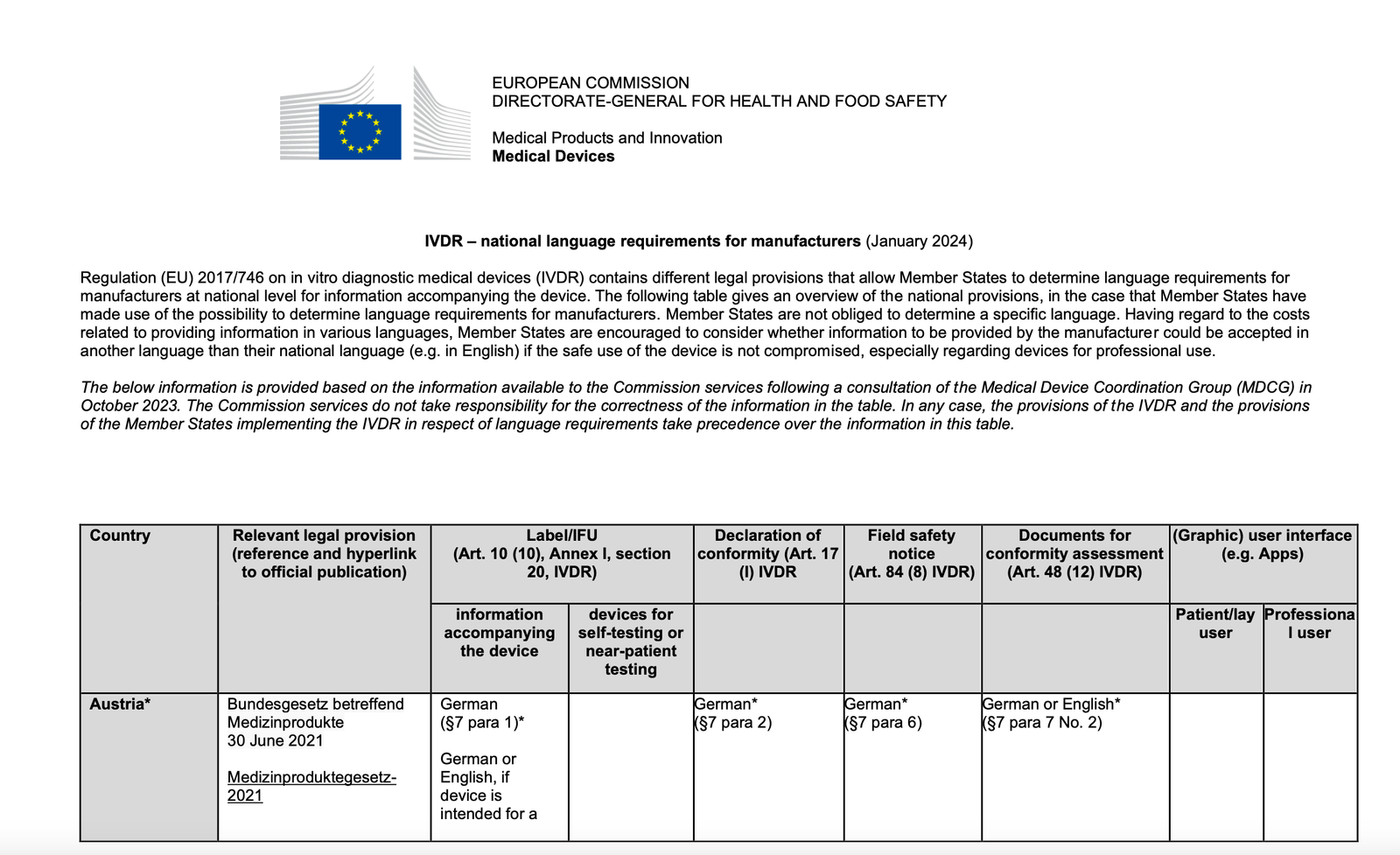If you're involved in manufacturing or selling consumer products in the EU, this legislation could significantly impact your business operations.
On 10 July 2024, the EU published Directive 2024/1799, commonly known as the "Right to Repair" directive. This new law aims to extend the lifespan of consumer products by promoting repairs, both during and after the seller's liability period. It's part of the EU's broader Green Deal strategy to establish a more sustainable, circular economy.
Who needs to know about this?
This directive is crucial for manufacturers, importers, distributors, and sellers of consumer products in the EU, particularly those
...click here to continue reading.
























